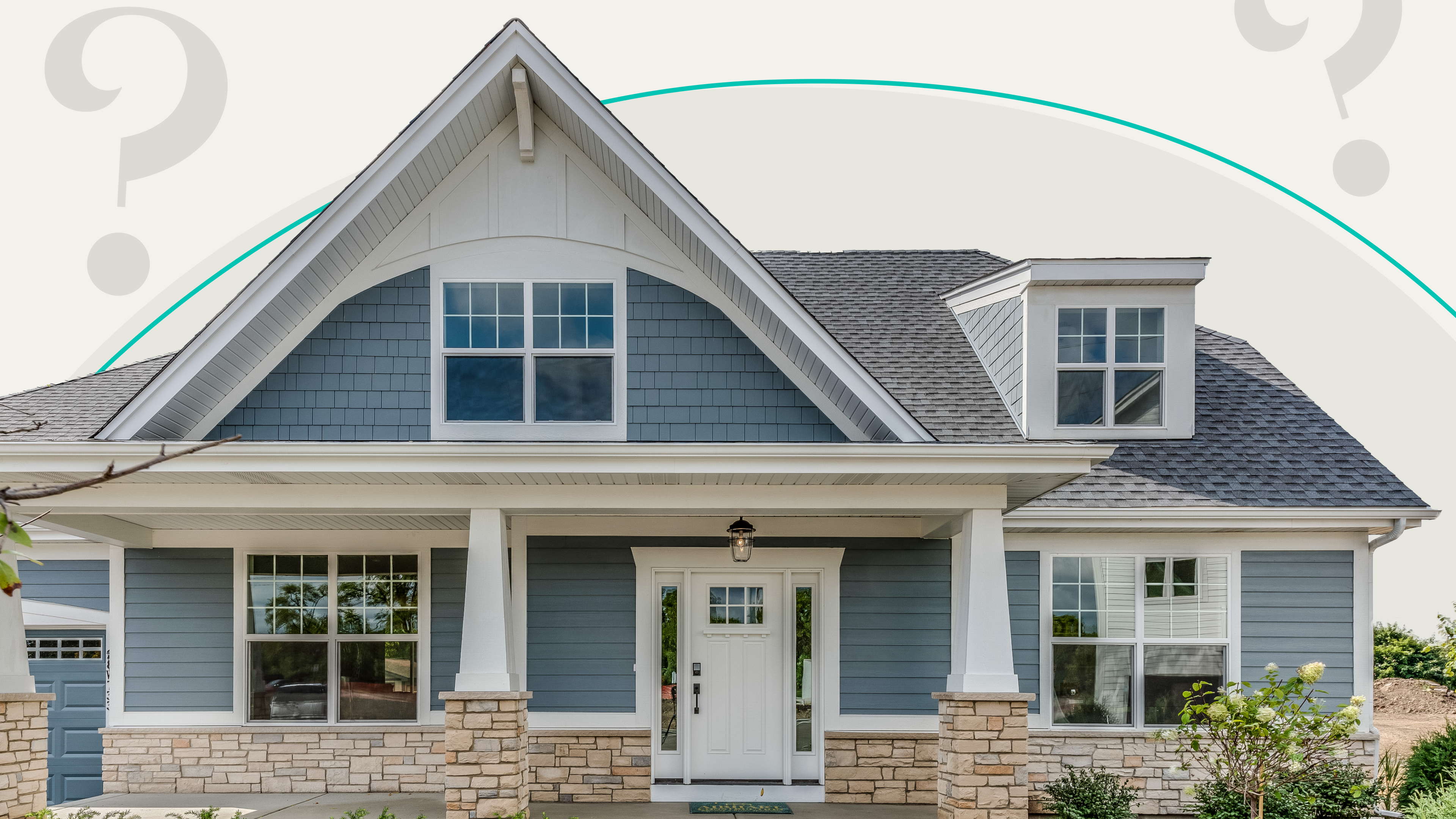As a first-time homebuyer, there’s a lot to consider before you start hitting open houses. And if you’re spending more time scrolling through Zillow than Instagram, it’s time to start prepping your finances. From how much house you can afford to first-time homebuyer credits and more, these are the money questions every first-time homebuyer should ask themselves.
1. How much house can I afford?
Figuring out how much house you can afford as a first-time homebuyer can be challenging. But it really comes down to your income. A common rule of thumb is that you shouldn’t spend more than 28% of your gross total monthly pay on mortgage costs. Psst..that includes costs like basic maintenance, HOA fees, home insurance, and any other costs you’ll be responsible for as a homeowner.
2. How much do I need for a down payment?
The simple answer: Likely, more than you think. Most experts recommend making a down payment of 20%. Which can be tough for first-time homebuyers. But putting down more money upfront could help you avoid paying private mortgage insurance (or PMI) — which could be as much as 2% of your loan’s balance per year.
3. What kind of mortgage is right for me?
It depends. There are several different kinds of mortgages to consider, including fixed-rate mortgages and adjustable-rate mortgages. The right one for you will depend on how much house you’re buying, your financial situation, and how much you have saved for a down payment.
4. Do I have a good credit score?
Your credit score determines a lot about the interest rate you’ll get on your loan. And, by default, the house you’ll be able to afford. The minimum credit score to buy a home is often considered to be 620. But people with credit scores above 740 tend to get the best interest rates, i.e. pay less interest to borrow.
5. Do I qualify for first-time homeowner grants or tax credits in my state?
You might, depending on where you live. There are many first-time homebuyer assistance programs that could help with down payment and closing costs. Look into programs in your state to see what you could be eligible for.
6. What are the property taxes?
Asking your mortgage lender to calculate this upfront could save you a headache later. (Psst…you can also look up this info via your county’s website.) You want to know how much the total property taxes are for the houses you’re considering — it could vary block by block. And how you’ll pay them (ie, whether you’ll be responsible for paying for them through your mortgage’s escrow account or directly to your local tax office).
7. Am I planning to stay for several years?
Generally, experts recommend first-time homebuyers live in a house for at least five years. The reason? To offset the fees and expenses involved in buying the home. If you don’t want to commit, renting could be a better option.
8. Am I ready to take care of a home?
If you’re currently a renter, think about all the times you call your landlord to replace a broken appliance or fix a leaky faucet. When you own a home, you’ll be responsible for footing the bill for these fixes yourself.
theSkimm
If you’re getting serious about buying a home, consider a few of the financial challenges to make sure you’re prepared for this major purchase.
Subscribe to Skimm Money
Your source for the biggest financial headlines and trends, and how they affect your wallet.






